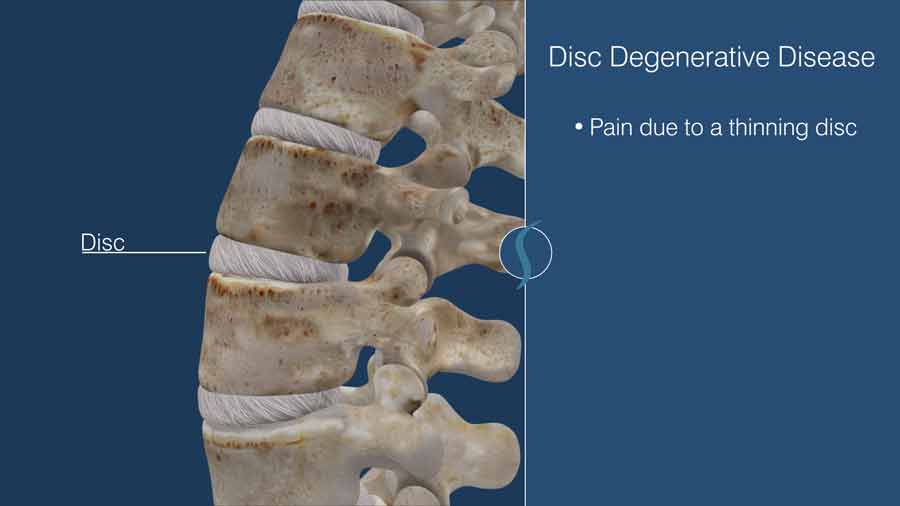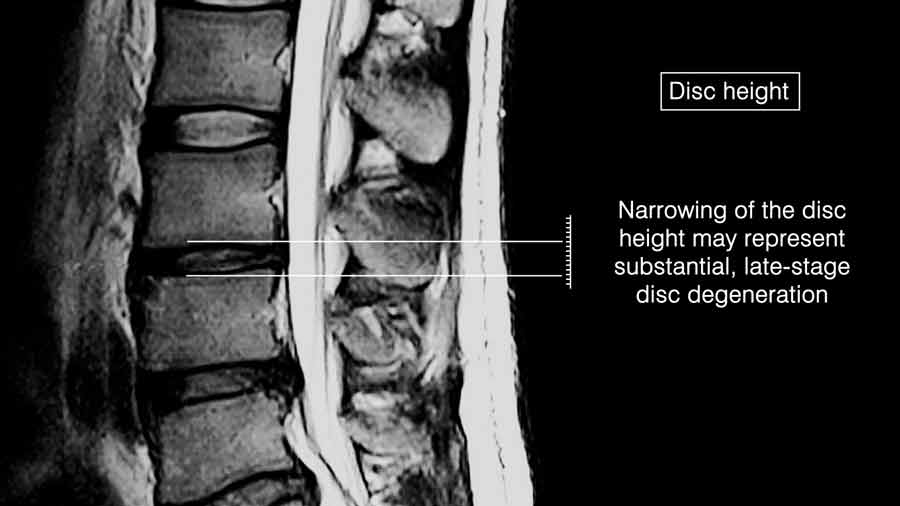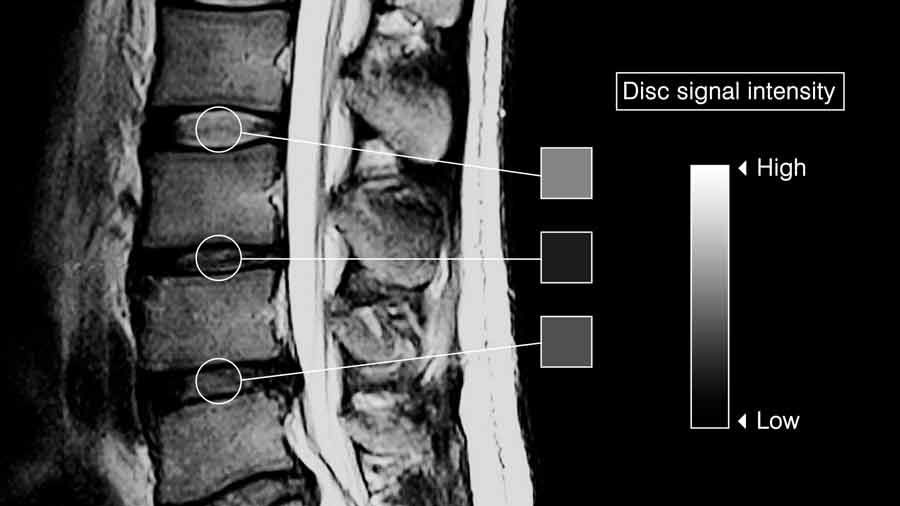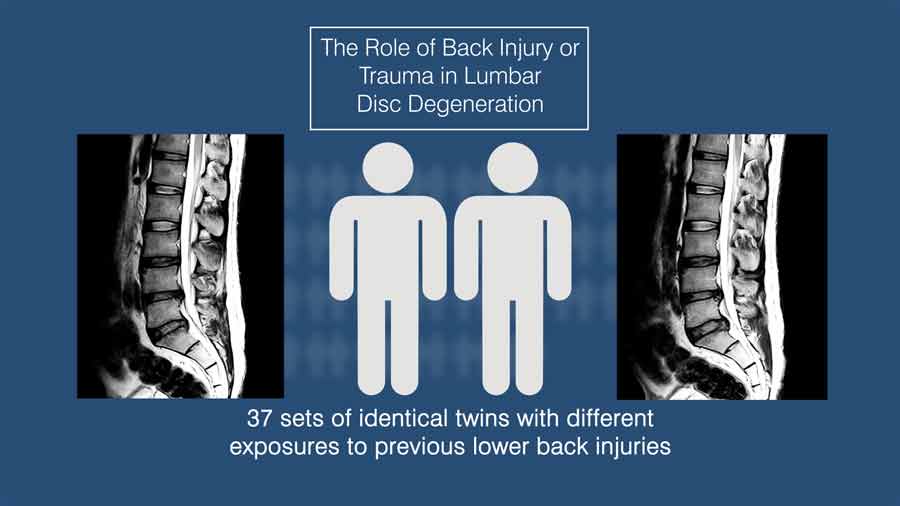Will a Past Injury Cause Future Back Pain?
All of Us will have a back injury. It is a normal part of life. Some of you may be worried that these injuries might lead to future back problems. In today’s video, we’ll be reviewing a study that researched the correlation between previous back injuries and future disc degeneration.

Although everyone’s discs will gradually show signs of wear and tear as they age, not everyone experiences pain. Disc degenerative disease is when the patient experiences pain due to a thinning disc. As I often say, it really should not be called a disease, as it is part of the normal aging process.
Background
Many who are found to suffer from disc degeneration are genetically predisposed to experiencing pain complaints. However, few studies have researched other causes of the complaints besides genetics. One such study in 2010 investigated disc degeneration in the lower back of identical twins with previous back injury.
Why was it important that the subjects were identical twins? Well, identical twins or monozygotic twins have the same set of genes — that’s what makes them identical. When the father’s sperm fertilizes the mother’s egg, you get the beginning of a new life, a zygote. In a normal situation, this zygote would then transverse down into the uterus and gestate for nine months. In rare cases, the zygote splits and forms two embryos that are genetically identical because they originated from the same sperm and egg cells from the mother and the father.
In the case of identical twins, because they have the same genes, we can look at the different effects of the environment on their lives. It’s a classic case of nature vs nurture. Will the trauma inflicted upon one of the twins result in a significant difference in the progression of disc degeneration later in life?
Methods and Results

The researchers found 37 sets of identical twins with different exposures to previous lower back or “lumbar” injuries and compared their disc degeneration by measuring their disc height and disc signal intensity using MRIs. The disc height gives a good idea of the health of the disc and the progression of disc degeneration. Narrowing of the disc height may represent substantial, late-stage disc degeneration, and can be linked with a history of back pain problems. The disc signal intensity refers to the shade intensity of the tissue or fluid: white refers to high signal intensity and black refers to low signal intensity. You can see the different grades of disc degeneration and how the signal intensity decreases as the disease progresses.

Contrary to what the researchers had hypothesized, disc degeneration did not differ between twins who reported previous back injury and their uninjured cotwins. Both the data from the measured subjects’ disc height and disc signal intensity showed very little statistical difference when compared with their counterparts. There was no evidence that increased time since injury resulted in greater difference in disc degeneration.
Conclusion

Although more studies may need to be conducted, as of now, the current research suggest that a history of back injury is not an important predictor of future disc degeneration. Following the science sometimes presents conflicts to what we think is true. We must keep an open mind, but continue to review, test and explore what we all consider to be conventional wisdom. It can be uncomfortable, and to some cause a passionate reaction. But we must let the data guide our conclusions. As Always, seek the truth, and eventually, we will find it. Until next time, this is Dr. Shim.
Additional Resources:
Citations
- Hancock MJ, Battie MC, Videman T, Gibbons L. The role of back injury or trauma in lumbar disc degeneration: an exposure-discordant twin study. Spine (Phila Pa 1976). 2010 Oct 1;35(21):1925-9. PubMed PMID: 20838276
- Zadro JR, Shirley D, Sánchez-Romera JF, Ordoñana JR, Ferreira PH. Does Familial Aggregation of Chronic Low Back Pain Affect Recovery?: A Population-Based Twin Study. Spine (Phila Pa 1976). 2017 Sep 1;42(17):1295-1301. PubMed PMID: 28098741
Last modified: July 30, 2021









